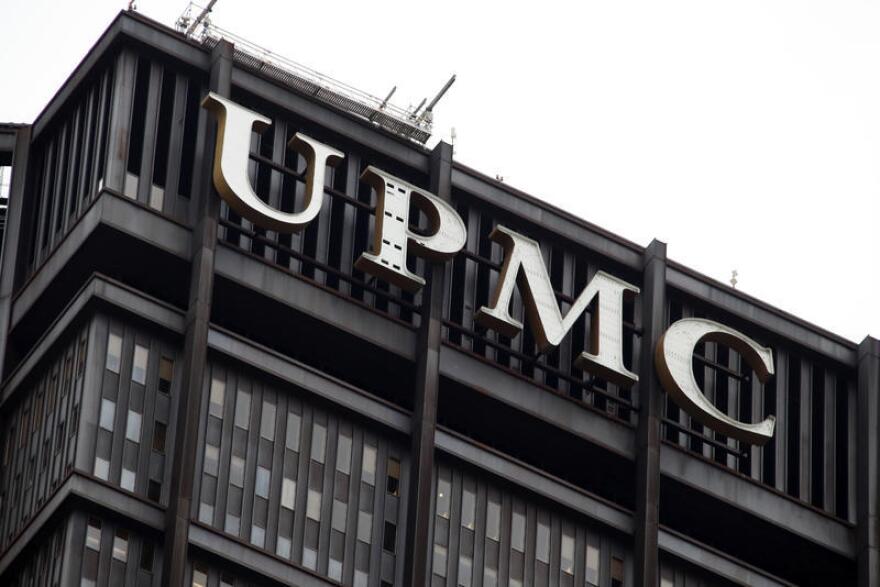Despite directives from state and county health officials, elective surgeries are still being performed at UPMC facilities.
Medical professionals employed by UPMC, speaking to WESA on condition of anonymity, said this decision may have dire consequences in light of COVID-19’s exponential spread.
While less time sensitive, elective surgeries are often medically necessary; examples include kidney stone removal, hernia repair and shoulder arthroscopy.
Some health systems that are not yet inundated with COVID-19 patients are preemptively postponing these procedures, in part to preserve medical equipment during a time of extreme shortages. For its part UPMC said it has adequate supplies of this equipment, and is working to make sure that's still the case if it sees a surge of COVID-19 patients in the coming weeks and months.
Additionally, sources said the because people newly infected with coronavirus are often asymptomatic, halting all but the most necessary surgeries lessens the risk of operating on a person who may soon become very ill. They also said having fewer people in facilities overall decreases the risk of exposing other patients and hospital staff to coronavirus.
At a Friday morning press conference, UPMC doctors indicated that they understood the risk, but said it makes sense to move forward with some surgeries, making decisions on a case-by-case basis.
“We’re trying to smartly identify, together with the physicians and the patients, what care can safely be put off, that is truly on the lower end of elective care,” said Dr. Donald Yealy, UPMC’s chair of emergency medicine.
Allegheny Health Network, the other major medical system in western Pennsylvania, said it’s working to eliminate procedures that are not “medically urgent.”
UPMC said its coronavirus monitoring shows the virus is not yet widely circulating in western Pennsylvania. The health system has been analyzing samples submitted by research patients with cold symptoms who sought treatment at UPMC facilities. So far five people have tested positive out of a pool of more than 900 participants.
“Taking the level of risk in our community, we have to balance that by still providing care. We shouldn’t stop providing care if we think we can do that safely,” said Dr. Graham Snyder, UPMC’s medical director for infection prevention and hospital epidemiology.
Because the pool contains only “de-identified” research samples, those five people with COVID-19 may not know they are infected.
Though the novel coronavirus is not currently widespread, UPMC said people should not let down their guards, as the virus is highly contagious and unpredictable.
WESA receives funding from UPMC and AHN.





